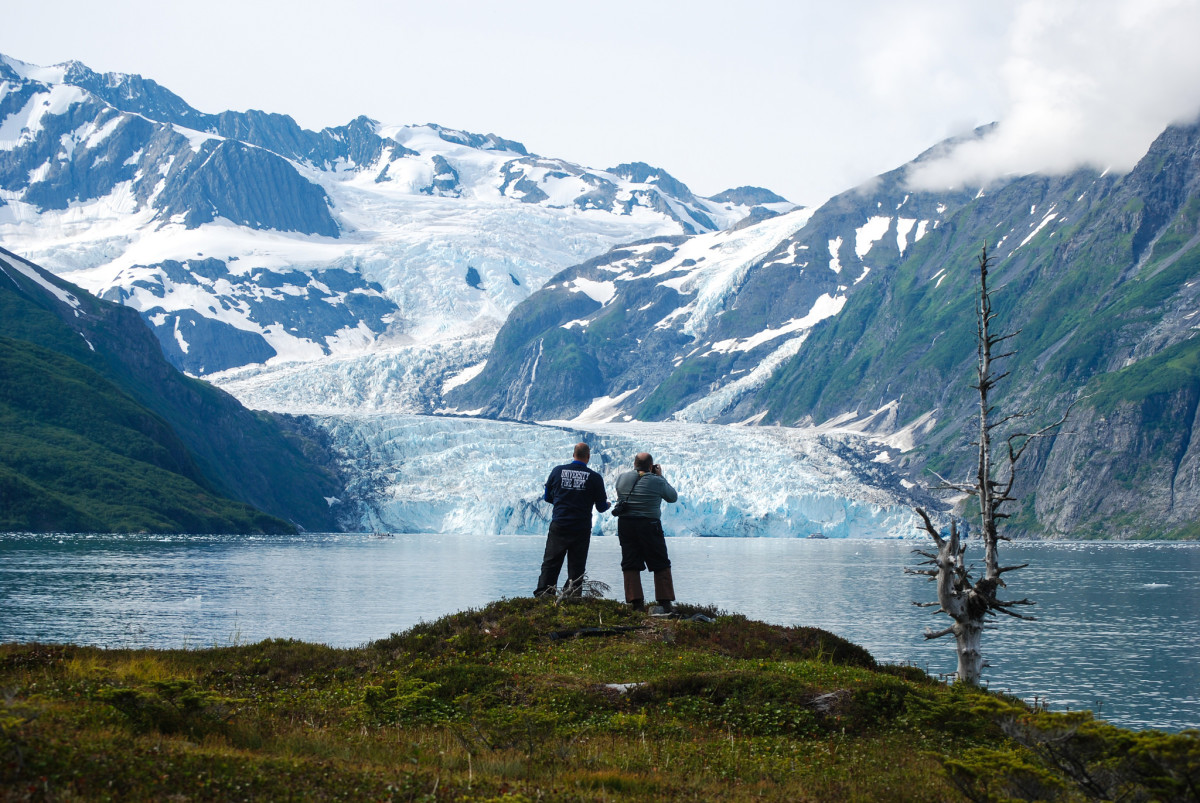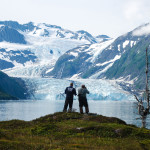
30 Nov PSi #22: ‘Performance Climates’ Call for Papers
Dear friends and colleagues,
We’ve received a lot of interest in the PSi #22: ‘Performance Climates’ Call for Papers (below), and many proposals are rolling in that interpret the theme in provocative and inventive ways. We’re excited to announce that in addition to the great speaker line-up, the conference will include a specially curated performance festival at Arts House Melbourne, featuring Marrugeku Theatre’s ‘Cut the Sky’ and a series of commissioned performances, conversations and art/science collaborations. We’ll also be joined in Melbourne by Spatula and Barcode, as part of their global ‘Foodways’ project.
In response to emails from people still planning their proposals, we’re extending the submission deadline until December 18th. Please be reminded that we’re open to individual papers, curated panels, and performative presentations (albeit with some resource limitations). We’re interested in conversations between and across disciplines, and seek a wide variety of perspectives on our conference themes.
Do feel free to contact us on contact@psi2016.com for any further details.
Hoping to see you in Melbourne,
Eddie Paterson,
On behalf of the PSi #22: Performance Climates organizing committee.
…..
Call for Papers
PSi#22: Performance Climates
6-9 July 2016 at the University of Melbourne, Australia
Keynote speakers:
Richard Frankland, Bruno Latour, Rebecca Schneider, Peta Tait
- Climates in, of, and for performance
- The performativity of climates
- Performance and climate change
Climates of many scales and durations testify to the irreducible complexity of the modern world. Diffuse in structure and unpredictable in their effects, they are both the general conditions in which events take place, and the ambience produced as a result. Performance Climates invites participants to explore the qualities and component parts of these intricate, elusive, yet all-encompassing phenomena.
Performance events have long served as potent sites for the creation of atmospheres and affects. Today, performance arts and inter-disciplinary scholarship are increasingly reflecting on the climactic conditions within which societies function, and under which life can best flourish. Activism, art-science collaborations and new theatre aesthetics provide provocative means of interpreting and acting upon such circumstances. And innovative research methodologies and new conceptual paradigms offer ways of re-thinking this radically inter-connected world across many scales of human and non-human activity.
It is in this context that research into performance intersects with climate change. A fact of life for increasing numbers of people, animals and other organisms, there is widespread agreement that action is required to mitigate its effects. Creative responses are needed in many domains: from governance and policy, through technology and economics, to daily life and the ways people interact with each other and the world around them. Cultural practice is integral to all these domains. And as artists and scholars work to apprehend the scale and complexity of the problem, performing arts practice and performance interpretation more broadly conceived have distinctive contributions to make to this project.
Taking place a year after PSi explored a radical model of distributed conferencing (www.fluidstates.org), Performance Climates will invite consideration of all these issues, along with the question of whether Performance Studies is adapting appropriately to new conditions, institutional frameworks, and localized challenges, while undergoing its own global transformations. These issues are intensified by the location of the conference in Australia, where debates over biodiversity and energy use, and land custodianship and resource extraction, are politically fraught and bear directly on the country’s populations.
We therefore invite papers and performative presentations exploring how performance creates, illuminates, and participates in climates of all scales and compositions. Four themed days will then structure and focus the conference as follows:
Day 1: Weather and Events
Day 2: Land and Durations
Day 3: Habitat and Environments
Day 4: Atmosphere and Affects
Submissions open 1 November 2015.
Submissions close 1 December 2015.
See psi2016.com for details.
Feature image: Surprise Glacier. USGS




No Comments